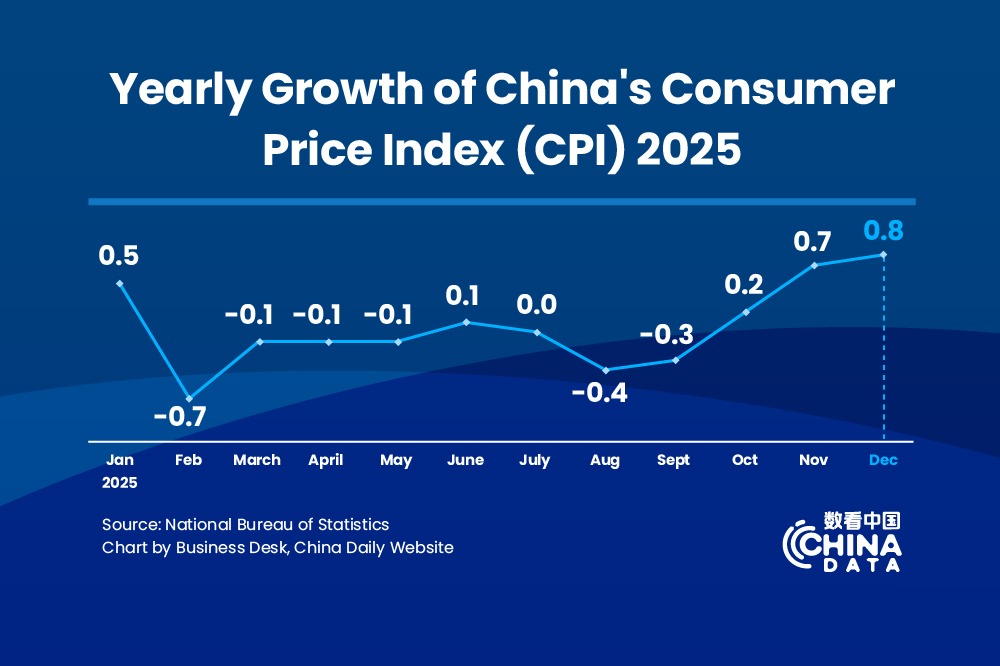Sharing economy creates global pioneers

Chinese companies, armed with technology, become leaders in field at home and abroad
China has emerged as a global pioneer in the sharing economy, with a wide range of businesses using the peer-to-peer model, including startups offering creative services overseas, a new report said on Tuesday.
The report, released by the State Information Center, shows a sharing-economy boom sweeping across China, with the transaction volume hitting 4.92 trillion yuan ($781 billion) in 2017, up 47 percent year-on-year.
Yu Fengxia, deputy director of the sharing economy research center at the State Information Center, said startups fueled by strong policy support and forward-thinking investors are offering a wide range of sharing services, extending into far more businesses than their foreign counterparts.
"Homes, pricey fashion, everyday clothing, food, education services, bicycles ... all are being hurled into the sharing model in the country," Yu said.
Chinese bike-sharing companies, for instance, are more competitive than corresponding foreign companies due to their heavy use of technology, she said. A Chinese shared bike is powered by about 300 patents.
Another particularly bright spot is the development of the sharing economy in manufacturing. In 2017, more than 200,000 companies were offering services via platforms that share production capacity, industrial design and other capabilities. The trend has created a market worth 412 billion yuan in the past year.
"The sharing economy is a dynamic force in China, injecting new vitality into various sectors and helping boost efficiency," said Jiang Qiping, an information expert at the Chinese Academy of Social Sciences.
Agriculture, education, healthcare and elder care will be reshaped by the sharing economy in the coming years because they are services consumers deeply care about and have major business potential, the report said.
In 2017, knowledge sharing was the fastest-growing segment in China, expanding by 126 percent year-on-year, followed by daily lifestyle services, which rose 82.7 percent.
The report came as the nation's sharing economy marches into a new stage where quality matters more than expansion speed. Its annual growth rate is expected to remain steady at 30 percent in the next five years, slower but signaling more sustainable development, the report said.
"Innovation-driven growth will play a bigger role in the future, with fiercer competition among companies and more resources devoted to refining operations and services," Yu said. She added that more effort is needed to better regulate the industry.
Chinese companies are scrambling to pursue international opportunities. Bike-sharing enterprises Mobike Technology Co and Ofo Inc, for instance, have spread to more than 20 countries and regions in just one year.
Li Jianhua, chief development officer of Didi Chuxing, the country's largest ride-hailing platform, said the company will also step up its push to expand overseas.
In January, Didi bought a controlling stake in 99, a major ride-hailing company in Brazil, in its first cross-border acquisition. The Beijing-based company enabled 7.43 billion rides for 450 million users across China in 2017.
Contact the writers at masi@chinadaily.com.cn




































